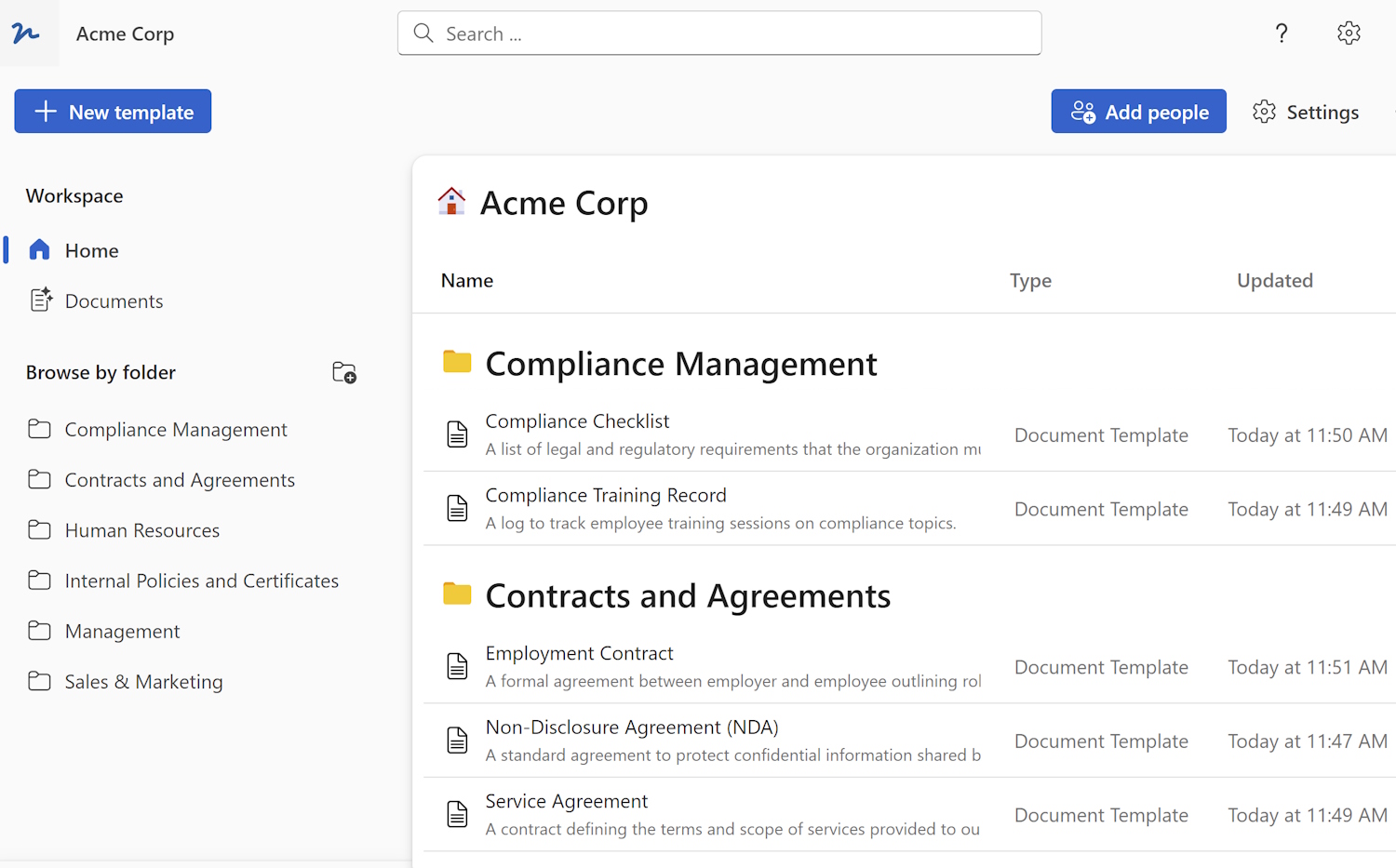
As a small business owner, paperwork can quickly become overwhelming if not properly organized. From invoices and receipts to contracts and tax documents, keeping track of all the necessary paperwork is crucial for the smooth operation of your business. In this article, we will provide you with valuable tips and strategies on how to effectively organize paperwork for your small business.
Why is Organizing Paperwork Important?
Before we dive into the specifics of organizing paperwork, it's important to understand why it's so crucial for your small business. Here are a few reasons:
Compliance: Properly organized paperwork ensures that you are in compliance with legal and regulatory requirements. It allows you to easily access important documents when needed for audits or tax purposes.
Efficiency: By having a well-organized system, you can quickly find and retrieve the documents you need, saving time and improving efficiency in your day-to-day operations.
Financial Management: Organized paperwork is essential for accurate financial record-keeping. It helps you track income, expenses, and cash flow, making it easier to manage your finances and make informed business decisions.
Now that we understand the importance of organizing paperwork, let's dive into some practical tips to help you get started.
1. Create a Dedicated Workspace
Designate a specific area in your office as your paperwork workspace. This could be a desk, a filing cabinet, or a shelf. Having a designated space will help you keep all your documents in one place and avoid clutter.
2. Determine What Paperwork Needs to be Kept
Not all paperwork needs to be kept indefinitely. Create a retention schedule to determine how long each type of document should be retained. For example, tax documents should be kept for a minimum of seven years, while invoices and receipts can be kept for a shorter period.
3. Categorize Your Documents
Organize your paperwork into categories that make sense for your business. Common categories include financial documents, employee records, client contracts, and marketing materials. Use separate folders or labels for each category to easily locate specific documents when needed.
4. Invest in a Filing System
A well-designed filing system is essential for efficient paperwork management. Consider investing in a filing cabinet, folders, binders, or even digital file storage solutions. Choose a system that works best for your business and allows for easy sorting and retrieval of documents.
5. Develop a Naming Convention
Consistency is key when it comes to organizing digital documents. Develop a naming convention that clearly identifies the document's content, date, and any other relevant information. This will make it easier to search for and locate specific files.
6. Digitize Documents
Consider digitizing your paperwork to reduce physical clutter and improve accessibility. Use a scanner or mobile apps to capture digital copies of important documents. Store these files in a secure cloud-based storage system or on external hard drives for easy retrieval and backup.
7. Implement Document Version Control
For documents that undergo frequent revisions, such as contracts or proposals, it's important to have a system in place for version control. Use clear naming conventions or version control software to avoid confusion and ensure that you're always working with the most up-to-date version.
8. Regularly Review and Purge
To prevent your filing system from becoming overwhelmed, make it a habit to regularly review and purge unnecessary documents. This will help you stay organized and ensure that you're only keeping what's truly needed.
9. Backup Your Files
Protect your business's important documents by implementing a robust backup system. Regularly backup your digital files to external hard drives or a secure cloud-based solution. This will help safeguard your documents in case of any unforeseen events or data loss.
In conclusion, organizing paperwork is an essential task for small business owners. It ensures compliance, improves efficiency, and helps with financial management. By following the tips mentioned in this article, you can establish a well-organized system that will save you time and streamline your business operations. Remember, consistency and regular maintenance are key to maintaining an effective paperwork management system.
 WordFields
WordFields
